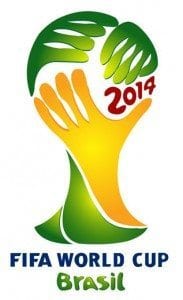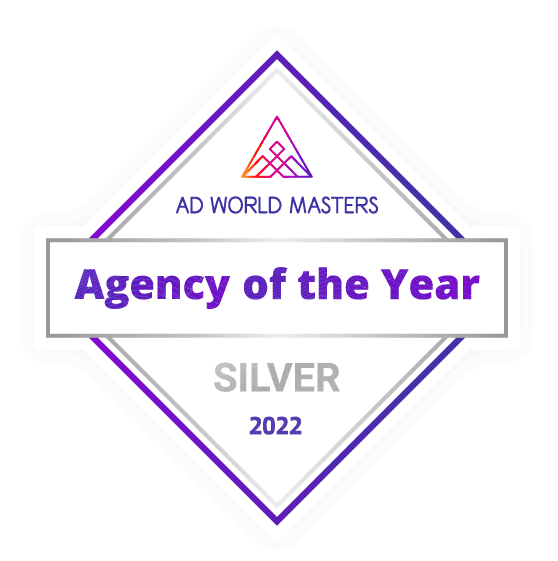
The World Cup started today, which means marketers, big and small, will try to hop on the bandwagon. But, marketers should tread lightly when associating with FIFA, the World Cup, or any of the participating soccer teams.
The most prominent brands represented at the World Cup games include Coca-Cola, McDonald’s, Adidas, and Hyundai. But even huge global brands are not safe from FIFA’s stringent advertising rules and regulations. Brands that do not have an official affiliation with the World Cup cannot help but be enticed by the massive crowd drawn by the event. For marketers, World Cup affiliated or not, advertising to the World Cup global market has many legal potholes to avoid.
There are many brands that have already fallen prey to FIFA’s over-protective regulations. One of the victims is Decolar.com, a travel company who was ordered to cease and desist immediately because their marketing campaign, “Viva O Mundial,” misappropriated FIFA’s rights. Just like the Super Bowl is synonymous with the Big Game, “mundial” has become synonymous with the World Cup. Decolar.com’s campaign featured “mundial,” exclusive World Cup soccer ball artwork, and travel sales to Brazilian cities hosting the games. FIFA saw this advertising as “associational” to the World Cup brand, thus infringing upon FIFA’s “General World Cup” law.
Brands that have an official affiliation agreement with the World Cup may feel like they are safe from the scrutiny, but they would be wrong. Hyundai learned the hard way to not assume that even though you have an affiliation with the World Cup, doesn’t mean you have rights to the soccer team brands. Hyundai received a cease and desist letter from CBF, the rights holder of Brazil’s soccer team. The source of the infraction lied in the claim from CBF stating that Hyundai’s advertisements focused on the Brazil team’s quest for a sixth World Cup title.
From television, to online, to Social Media, no platform is safe from restrictions and regulation. Many marketers take a more adventurous approach to Social Media, thinking you can get away with more because of the demographics most commonly present on Social. But marketers beware, you are not even safe on Social Media platforms. Marketers can come across trouble by simply sending messages to particular athletes or team brands with whom they have no prior affiliation with. For example, a message sent to Michael Jordan congratulating him on his entry into the Naismith Memorial Basketball Hall of Fame from the grocery chain Jewel-Osco landed the company in deep water for creating a false association with the Jordan brand
The marketers being penalized for these types of marketing infringements are engaging in “associational” or “ambush” marketing. The laws and regulations on this type of marketing vary by region, so it is important to be aware of the local regulations for the areas with which you plan to market.
The lesson to learn from these huge brand’s mistakes is to always tread lightly when marketing in association to an event or team. The sporting event itself is a brand, the teams are a brand, and the players are another brand, so there is a lot of room for false brand association.








